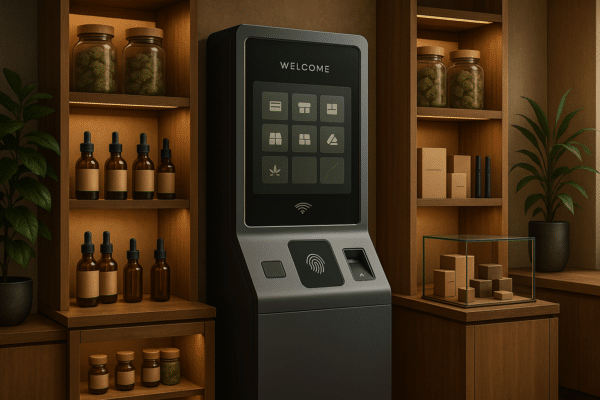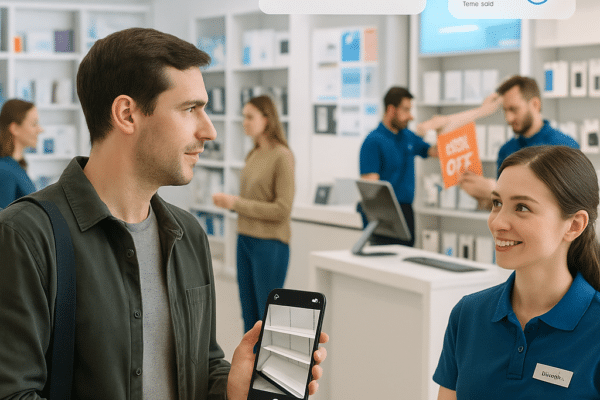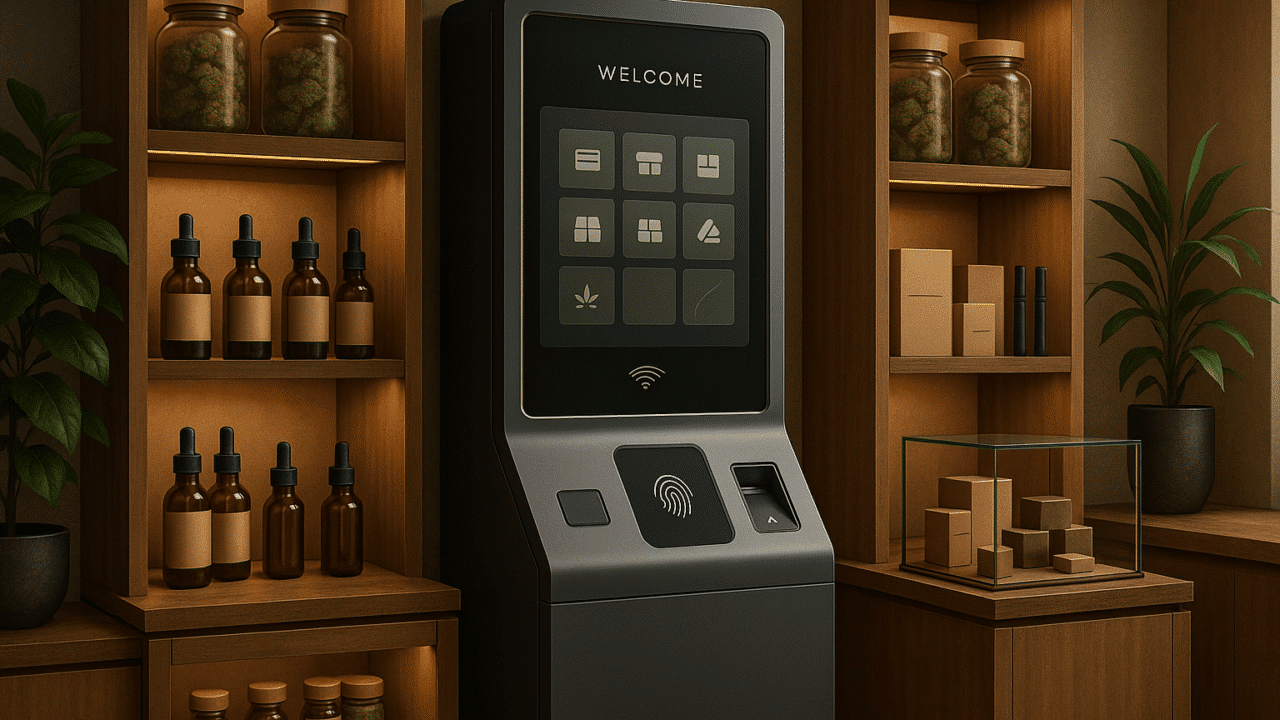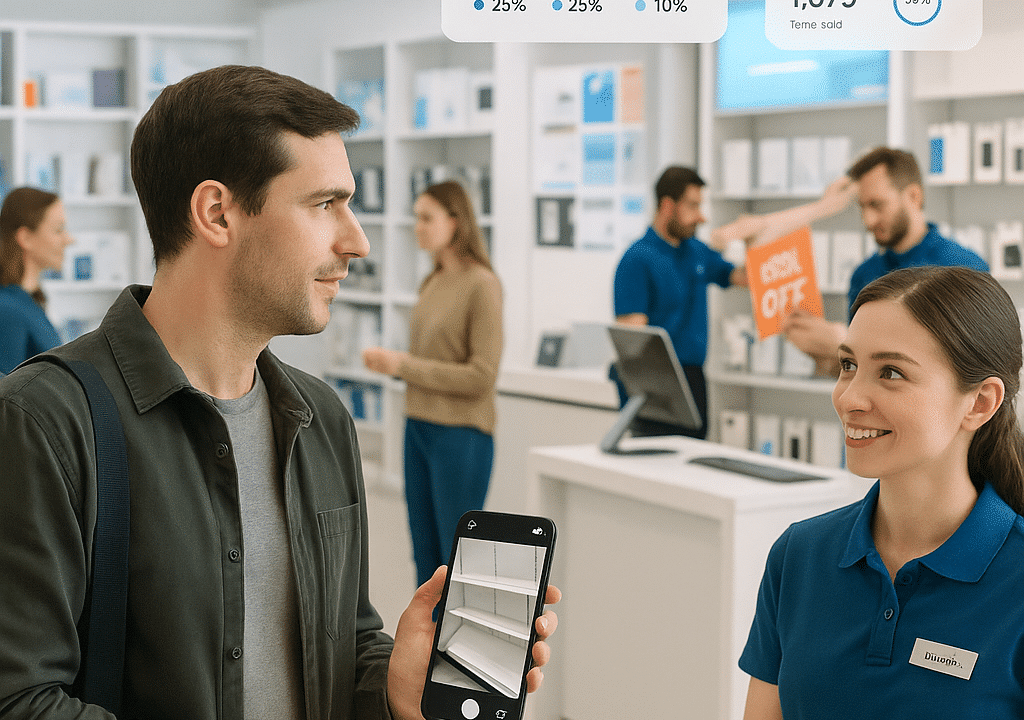
How Do I Know if a Brand Ambassador is Legit?
In today’s digital age, brand ambassadors play a crucial role in promoting products and services. But how can you be sure if a brand ambassador is legitimate and trustworthy? In this article, we will explore the definition and role of a brand ambassador, the importance of verifying their legitimacy, and provide tips on how to do so effectively. By following these steps, you can protect your brand’s reputation, ensure authenticity, and avoid being scammed.
T-ROC Global has a well-established and proven Brand Ambassador Program that has consistently delivered exceptional results for over 15 years. By carefully selecting individuals who align with your company’s values and vision, T-ROC Global ensures that our brand ambassadors authentically represent your brand and connect with your target audience.
Verifying Legitimacy of Brand Ambassadors
What is a Brand Ambassador?
A brand ambassador is a person who a brand hires to represent them positively and help build brand awareness. This person uses their influence to increase sales and brand recognition with customers and prospects. This is typically done through various forms of social media, promotional events, ambassador marketing tactics, and other platforms.
Role of a Brand Ambassador
A brand ambassador is primarily responsible for boosting a brand’s image. They achieve this by building strong relationships, engaging meaningfully with customers, and, most commonly, showcasing and reviewing products on their social media feeds. Their role also includes responding to queries about products and maintaining active and responsive engagement with customers of the brand.
Why is it Important to Verify the Legitimacy of a Brand Ambassador?
In today’s digital world, influencer scams are on the rise, making it crucial for brands to verify if a brand ambassador is legitimate. It’s vital to protect your brand reputation by avoiding scams.
Protecting Brand Reputation
A fake brand ambassador can seriously ruin your brand’s reputation. If they post inappropriate content or make false claims about your products in conversation with potential clients or customers, it reflects poorly on your brand. Therefore, protecting your brand reputation is one of the foremost reasons to verify a brand ambassador’s legitimacy.
Ensuring Authenticity
Authenticity is the cornerstone of successful brand ambassador programs. People appreciate authentic reviews and promotions. When branding ambassadors give genuine reviews, it enhances your brand’s trustworthiness. To guarantee authenticity, brands must subject their potential brand ambassadors to a thorough vetting process, assessing their genuine passion for the brand.
Avoiding Scams
Fraudulent activities are the most apparent red flags to look for in a brand ambassador. Scammers might ask for personal information for illegal purposes or ask for payment without delivering on their promises. Unusually hurried communication or poor response rate can also indicate potential scams, necessitating a thorough investigation.
So, how do I know if a brand ambassador is legitimate? Look for a verified blue tick next to their social media handle, check their previous works, and look at their audience’s engagement. Creating a pitch email sequence can also help filter out the phonies. Remember, the simplest method is often the best.
How to Verify if a Brand Ambassador is Legit
With the increasing popularity of influencer sponsorships, social media has become a playground for brand ambassadors. However, it has also paved the way for influencer scams. It becomes essential to verify whether a brand ambassador is legit or not before tying your brand’s image to them. Here are 3 examples of methods to determine the authenticity of a brand ambassador.
1. Research the Brand Ambassador’s Social Media Presence
If a brand ambassador approaches you with a convenient email package, don’t rush into a partnership. Begin by researching their social media. Check if the account has blue tick verification, which is a reliable way to identify real influencers from fake accounts. No blue tick doesn’t always indicate a red flag but should prompt further verification.
2. Check for Sponsored Content
Legit brand ambassadors often have a history of influencer sponsorships. Check their social media feeds for branded posts and endorsements. Pay attention to how they pitch the products or services. If it seems overly enthusiastic without providing actual value or personal experience, it could also be a red flag.
3. Look for Genuine Engagement
Engagement is a crucial factor in ambassador marketing. Look at the comments section of a potential brand ambassador’s posts. If the responses seem repetitive, generic, or irrelevant, it might be that the brand ambassador is buying engagements. A small, engaged following is far more valuable than a large unengaged audience.
Additional Tips for Verifying a Brand Ambassador’s Legitimacy
While the above steps provide the simplest method to verify a brand ambassador, don’t stop there. Here are some additional strategies to confirm their legitimacy:
Contact the Brand or Company
When an ambassador claims association with a brand, reaching out to that company can provide clarification. The company should be able to confirm the partnership.
Ask for Proof of Collaboration with the Brand
Ask the potential brand ambassador for some tangible proof of their association with the brand they claim to represent. This could be a contract copy, screenshots of conversations, or email exchanges confirming their collaboration.
Understanding the Importance of Verifying a Brand Ambassador’s Legitimacy
Verifying a brand ambassador’s legitimacy is paramount. It can protect your brand’s reputation, safeguard your personal information, and ensure the effective utilization of your marketing budget. Remember, every scam prevented is money saved and brands protected.
Red Flags and Their Identification
When it comes to influencers, several clues can indicate potential fraud. Fake accounts often have an incredibly low response rate, indicating a lack of engagement from their audience. Additionally, these accounts are frequently evidence of an email sequence that’s too generic and fails to provide a detailed plan of action.
In some instances, these scammers are unable to provide previous work examples or may hesitate when asked to share statistical data from their social media accounts. If approached by a supposedly high-profile influencer who does not have a blue tick next to their name, consider it a significant red flag. These indicators, among others, can help identify influencer scams.
Lastly, legitimate ambassadors will always be upfront about their plans for collaboration and open to discussing promotional tactics. An unwillingness to negotiate or to provide detailed explanations is frequently a red flag.
Additional Tips for Verification
- While the basic verification techniques are useful, incorporating advanced tools can increase the accuracy of your evaluations.
- Consider using influencer marketing platforms that offer data on the influencer’s audience demographics, engagement rates, and authenticity score. Confirm the legitimacy of their blue tick, especially on platforms like Instagram, where verified status holds significant worth.
- Request a video call meeting before signing any contracts. The influencer’s willingness for direct communication can offer peace of mind.
- Finally – trust your gut feeling. If something feels off, it probably is. Careful examination and instinct often together make the best call.
Face-to-Face Trust
When it comes to marketing and brand promotion, having a legitimate brand ambassador can greatly enhance a company’s reach and credibility. While social media platforms offer numerous opportunities for brand ambassadors to promote products and reach a wider audience, there are several reasons why having an in-person brand ambassador is still easier and more effective in many ways.
1. Greater authenticity
First, having an in-person brand ambassador allows for a more personal and authentic connection with the audience. When an ambassador interacts with potential customers face-to-face, there is an opportunity to establish trust and build relationships in a way that is often lacking on social media platforms. Through genuine conversations, demonstrations, and product experiences, an in-person brand ambassador can make a lasting impression on customers, leading to increased brand loyalty and repeat business.
2. Active multi-channel engagement
An in-person brand ambassador can actively engage with potential customers through various channels, such as events, trade shows, and product launches. They can showcase products, answer questions, and provide demonstrations that allow customers to see the features and benefits firsthand. This direct interaction enables potential customers to have a tangible experience with the brand and its products, leading to a stronger association and understanding of what the brand represents.
3. More tailored messaging
Another advantage of an in-person brand ambassador is their ability to adapt to different environments and tailor their message to suit the specific needs and preferences of the audience they are engaging with. While social media may offer a wide reach, it can often be challenging to customize messages to different demographics and target markets effectively. In-person brand ambassadors can read the room, observe the audience’s reactions and adapt their approach accordingly, ensuring that the brand’s message resonates with the intended audience.
4. Impactful body language
In-person brand ambassadors also have the advantage of being able to leverage body language and nonverbal cues to communicate effectively. In-person interactions allow the brand ambassador to use these nonverbal cues to convey trust, sincerity, and enthusiasm, which can be more challenging to achieve through written posts and images on social media platforms.
5. Instant feedback
Moreover, an in-person brand ambassador can provide immediate feedback to the company, highlighting both positive feedback and potential areas for improvement. This feedback loop allows the brand to continuously refine its products, messaging, and marketing strategies to meet customer needs and expectations better. Social media interactions, while valuable, often lack the real-time aspect that in-person engagements provide, making it more difficult for companies to evaluate customer sentiment accurately.
Choose T-ROC for Your Brand Ambassador Program
While social media has undoubtedly revolutionized the way we connect and communicate, having an in-person brand ambassador remains essential for many businesses. In-person interactions allow for personalized engagement, genuine connections, and the opportunity to adapt messages effectively. The ability to leverage body language, provide immediate feedback, and establish trust further differentiates in-person brand ambassadors from their social media counterparts. Ultimately, businesses that prioritize both in-person and social media brand ambassadors can create a well-rounded approach that maximizes customer reach, loyalty, and satisfaction.








